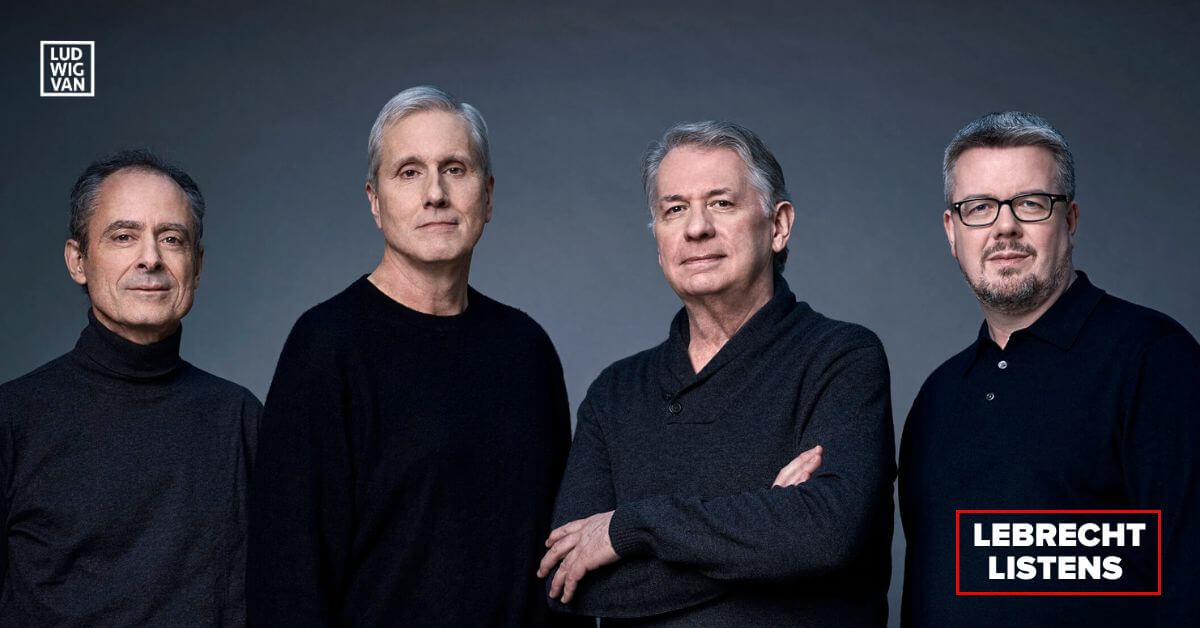
Infinite Voyage: Emerson Quartet (Alpha Classics)
★★★★★
Prepare to shed a tear. After 47 years at the string quartet frontlines, the Emersons are breaking up this summer to spend the rest of their lives on their other passion — nurturing new quartets. Their two violinists — Eugene Drucker and Philip Setzer — have been there since the quartet’s formation in America’s bicentennial year; the violist Lawrence Dutton joined in 1977. Only the cello seat has seen changes. Few groups, from the Buena Vista Social Club to the Rolling Stones, have ever maintained such consistency at such high performance over so many years.
The foundation year is, to a degree, significant. This was an American group, forged at Juilliard to high precision and with a can-do outlook that made the impossible seem easy. Named for an American poet, the Emersons avoided pressures of fashion, politics and equity, settling on a swathe of tradition that was at once vast and eternal. Their recorded legacy runs from Bach to Britten, Haydn to Harbison. They redefined the centre ground. We will not see their like again on record.
This final album is untypical of Emerson only in being augmented by an outsider. The adventurous soprano Barbara Hannigan joins them for an obscure Mélancolie by Paul Hindemith and an added-sugar Chanson by Ernst Chausson, one dangling over a cliff of atonality, the other indulgently decadent. Both are likely to form part of my regular listening.
The heart of the album is Album Berg’s string quartet, opus 3, in which Arnold Schoenberg’s pupil does his best to deny the pleasure principle and fails. Berg cannot compose other than lovely.
Hannigan returns for Schoenberg’s car-crash work, the second string quartet in which the composer frees the soprano soloist to roam several pages without a tonal key. Every 20th-century music historian knows this work inside out, and many are still perplexed by the composer’s motivation. I don’t think I have ever heard the second quartet more positively presented, exemplifying Schoenberg’s conviction in a world of unexplored tones, requiring only musicians of open minds, laser technique and infinite flexibility to bring it to light. We are so going to miss this group.
To read more from Norman Lebrecht, subscribe to Slippedisc.com.
#LUDWIGVAN
Get the daily arts news straight to your inbox.
Sign up for the Ludwig van Daily — classical music and opera in five minutes or less HERE.
- LEBRECHT LISTENS | Two Releases Of Elgar Symphonies To Compare - April 19, 2024
- LEBRECHT LISTENS | Jordan Bak’s Cantabile For Viola Reveals The Neglected Instrument’s Beauty - April 12, 2024
- LEBRECHT LISTENS |David Robert Coleman & The Berlin Radio Symphony Orchestra Reveal The Charms Of Walter Kaufmann - April 5, 2024



